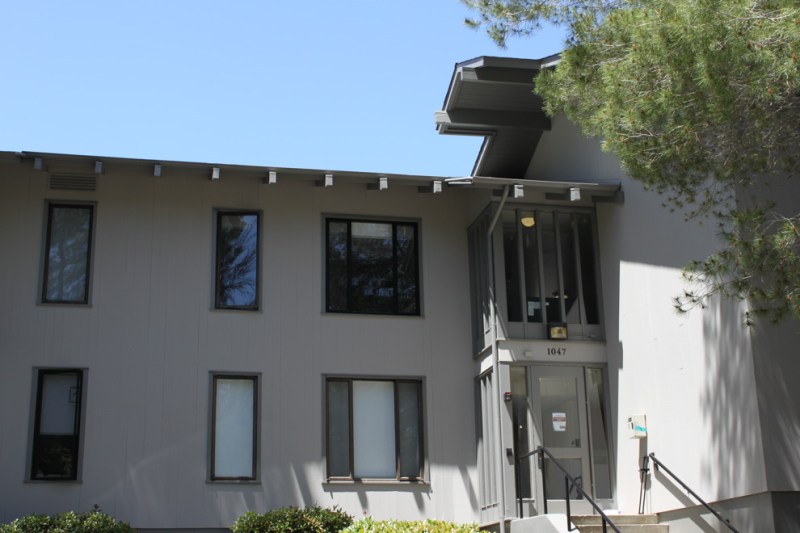Stanford will house 11 Greek organizations on campus next year, according to an announcement released Tuesday.
Five fraternities and sororities earned housing privileges for the next academic year, bringing the total number of housed Greek organizations to 11. As part of Stanford’s new residential neighborhood system under the ResX initiative, these Greek organizations will be categorized as University Themed-Houses (UTHs).
The newly housed organizations include Chi Omega, Alpha Phi, Kappa Kappa Gamma, Sigma Phi Epsilon, and alpha Kappa Delta Phi (aKDPhi). Delta Delta Delta, Kappa Alpha Theta, Kappa Sigma, Phi Kappa Psi, Pi Beta Phi and Sigma Nu will continue to be housed on campus. aKDPhi is Stanford’s Asian American interest sorority, and not part of the Inter-Sorority Council or Inter-fraternity Council.
In the new ResX system, students are assigned to a neighborhood for all four years of their undergraduate experience. Students can apply to live in UTHs regardless of their neighborhood assignment. These themed houses will be “overseen by two governance structures with all decision-making ultimately residing with the Undergraduate Residence Governance Council (URGC).”
The decision to house Greek organizations will be a controversial one on campus: in a survey conducted by the Associated Students of Stanford University (ASSU), it was reported that nearly 60% of all students on campus supported either unhousing or banning Greek life altogether. Abolish Stanford Greek (ASG), a coalition of alumni and students, has voiced some of the negative experiences students have had with Greek life through social media, including abuse of alcohol or drugs, racism, sexism, classism and sexual assault or harassment.
The group was formed last summer, following the death of George Floyd and national protests over racism, to fight back against institutions that members feel perpetuate racist, sexist and classist practices.
ASG said they are “deeply disappointed” by the decision and remain skeptical of the ability of Greek organizations to become more inclusive. In a release, ASG said that the standards “used to determine housing eligibility leave it to fraternities and sororities to decide for themselves what measures, if any, they will take to prevent sexual assault and hazing.”
“They do not require any objective measurement of student safety, nor do they impose any metric of student safety as a condition for future housing,” they added.
In April, Stanford’s Inter-Sorority Council (ISC) and Inter-fraternity Council (IFC) held a virtual rush despite concerns on equity in Greek life raised by students, and a total of sixteen Greek organizations applied to be housed for the fall 2021-22 academic year.
Approved organizations will be granted one year of housing. After this year, all of the Greek chapters will have to reapply for housing, whereas in previous years some chapters were housed in perpetuity. According to the announcement, giving these Greek organizations only a year to be housed will allow them to “regroup and reconnect before committing to long-term housing,” after the COVID-19 pandemic.
This article has corrected to reflect that Stanford’s Asian-interest sorority is alpha Kappa Delta Phi, not alpha Delta Kappa Phi. The Daily regrets this error.
